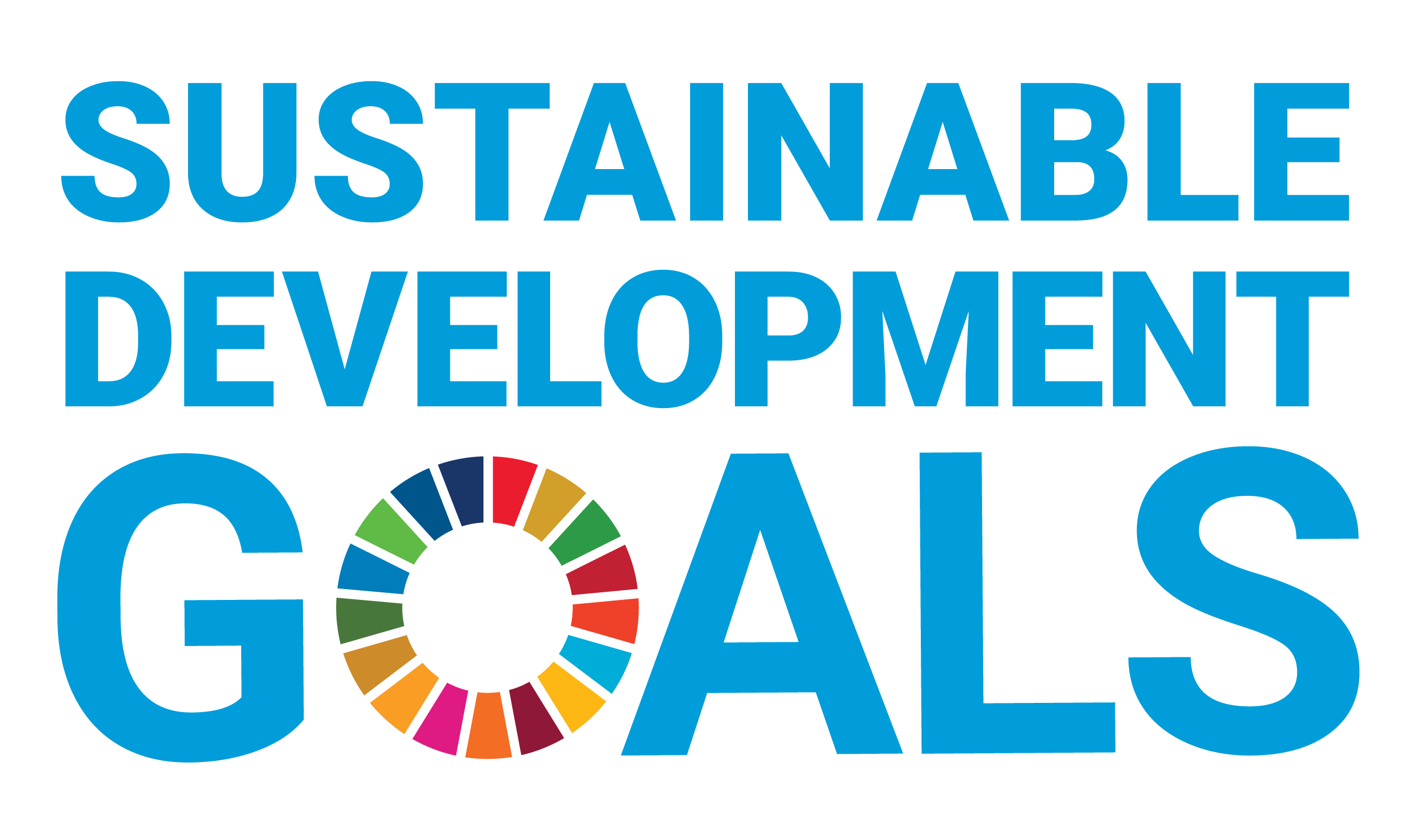Document Type
Article
Publication Date
2022
Abstract
We examine and assess the service contracting (SC) program implemented for the first time in Metro Manila, Philippines as a response to the impact of the pandemic on road-based public transport sector. We develop an evaluation framework, consisting of three indicators: social amelioration, increase in transport supply and performance improvement. These indicators are the purported objectives of SC. Using a mix of qualitative and quantitative methods, our evaluation suggests that although SC has brought positive impact in terms of the first two indicators, there is no robust evidence so far that may suggest that SC has improved the performance of public transport service delivery. We also find that while the primary objective of providing social amelioration to affected operators is appropriate during the time of the pandemic, this has also brought challenges in financially sustaining the program and in effecting improvements to public transport services. Our work aims to contribute as an empirical case study on the upsides and downsides of service contracting implemented as a business model for public transport provision during the pandemic.
Recommended Citation
Sunio, V., Li, W.J., Pontawe, J., Dizon, A., Valderrama, J.B., & Robang, A. (2022). Service contracting as a policy response for public transport recovery during the Covid-19 Pandemic: A preliminary evaluation. Transportation Research Interdisciplinary Perspectives, 13. https://doi.org/10.1016/j.trip.2022.100559



